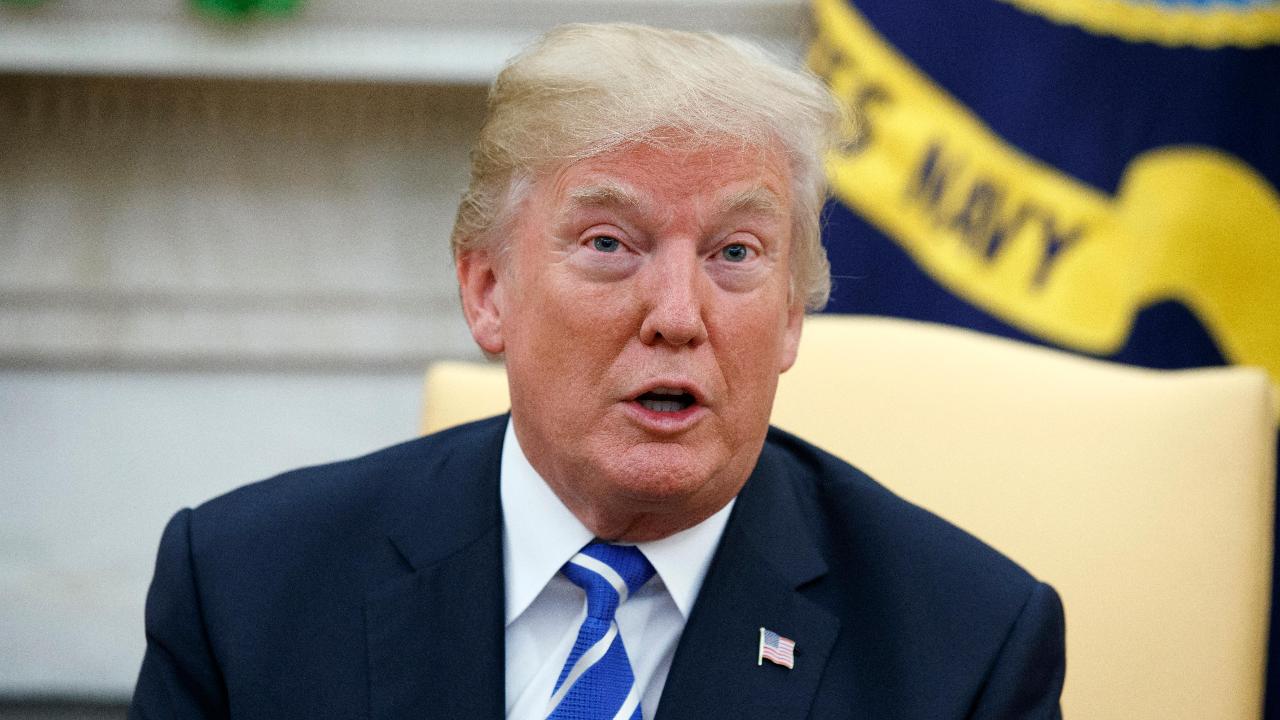Trump says no deal with China on ZTE ... just yet
President Donald Trump said on Tuesday the U.S. has not yet reached an agreement to save Chinese telecom giant ZTE, though the two nations are “discussing deals.”
“We can do a 301, where we don’t need China,” Trump told reporters during a meeting with South Korean President Moon Jae-in at the White House on Tuesday, adding that the U.S. could fine ZTE $1.3 billion. “We can just say, ‘Look, this is what we want, this is what we think is fair.’ That’s always a possibility if a negotiated deal doesn’t work out.”
The president’s comment contradicts a report in The Wall Street Journal which, citing people with knowledge of the matter in both countries, said Washington and Beijing had agreed to a broad outline of a deal. If reached, the administration would lift the ban on U.S. businesses from selling supplies to ZTE, a punishment it enacted after the company was found to have violated restrictions on U.S. exports.
In return, the telecom giant would have to make changes to its management, board seats and could face steep fines. China also offered to scale back billions of dollars of U.S. farm tariffs as part of the deal, according to the Journal.
Trump instructed the U.S. Commerce Department earlier this month to assist ZTE in getting “back into business, fast,” saying Tuesday the penalty imposed on the company hurts U.S. businesses.
The decision to help China, in the midst of a potential trade war, sparked criticism from lawmakers in Washington. Sen. Marco Rubio, R-Fla., said Beijing was able to reach a deal on ZTE “without giving up anything meaningful,” adding that China was “out-negotiating” the Trump administration when it came to trade.
Trump also said he wasn’t pleased with the way trade talks are going with the world’s second-largest economy, despite tweeting Monday that China agreed to buy “massive amounts” of farm and agricultural products from the U.S.
“We have a long way to go, but I want it to go fairly quickly,” Trump said.
Negotiators from the U.S. and China announced last Saturday that they had created a framework for addressing trade imbalances, which included Beijing agreeing to purchase more American-made goods.




















